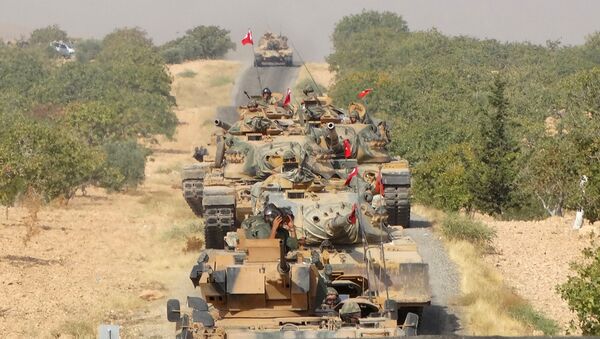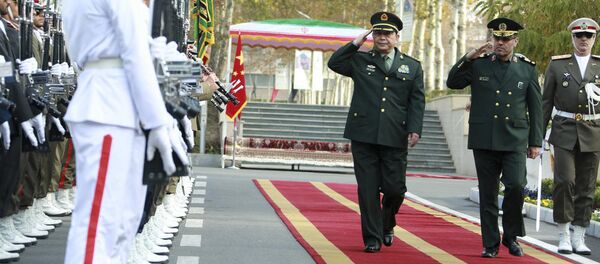According to him, the current trend risks turning into a catastrophe for the entire Middle East region.
"The dismantling of state and governance systems in the Middle East began in the beginning of the 21st century. The trend could have serious consequences, including changing of state borders. I think this will be a disaster for the region," Vitaly Naumkin, research manager at the Institute for Middle Eastern Studies, was quoted as saying by RIA Novosti.
"There is a serious identity crisis rooted in a number of deep inner tensions as well as meddling in the region from abroad," Naumkin pointed out.
According to him, the collapse of states in the Middle East and the emergence of new states within this trend are not what the region needs today.
"What we’re witnessing now is the fact that the regional center of power has moved. Previously, there were three pillars of the Arab world – Egypt, Syria and Iraq. Now, their role has decreased and the balance changed towards other Arab nations, like Saudi Arabia, or beyond the Arab world, to non-Arab countries, like Iran, Turkey and Israel. They are much powerful today," Naumkin pointed out.
"The uncertainty in the Middle East will be the key factor defining the situation. We should take it into account, first of all in the fight against terrorism," he concluded.




